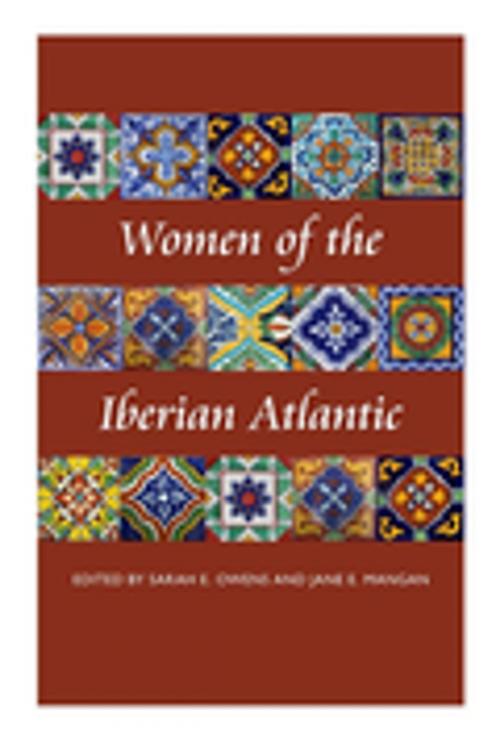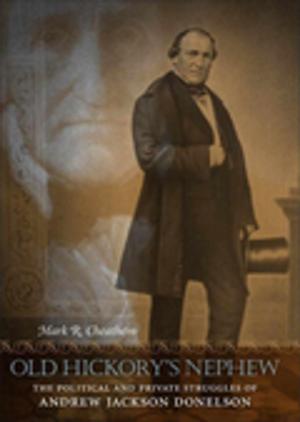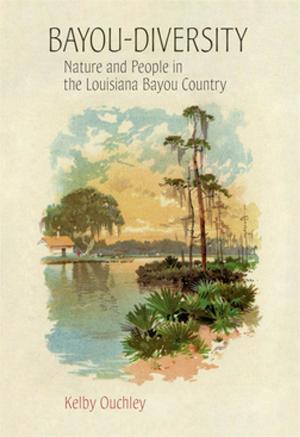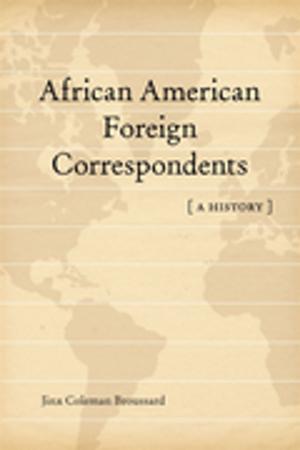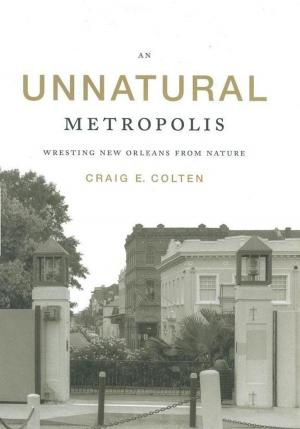| Author: | Ida Altman, Ras Michael Brown, Matt Childs, Carla Gerona, Allyson Poska, Nuria Salazar Simarro, Lisa Vollendorf, Timothy Walker, Hugh Cagle | ISBN: | 9780807147740 |
| Publisher: | LSU Press | Publication: | December 7, 2012 |
| Imprint: | LSU Press | Language: | English |
| Author: | Ida Altman, Ras Michael Brown, Matt Childs, Carla Gerona, Allyson Poska, Nuria Salazar Simarro, Lisa Vollendorf, Timothy Walker, Hugh Cagle |
| ISBN: | 9780807147740 |
| Publisher: | LSU Press |
| Publication: | December 7, 2012 |
| Imprint: | LSU Press |
| Language: | English |
The ten essays in this interdisciplinary collection explore the lives, places, and stories of women in the Iberian Atlantic between 1500 and 1800. Distinguished contributors such as Ida Altman, Matt D. Childs, and Allyson M. Poska utilize the complexities of gender to understand issues of race, class, family, health, and religious practices in the Atlantic basin. Unlike previous scholarship, which has focused primarily on upper-class and noble women, this book examines the lives of those on the periphery, including free and enslaved Africans, colonized indigenous mothers, and poor Spanish women.
Chapters range broadly across time periods and regions of the Atlantic world. The authors explore the lives of Caribbean women in the earliest era of Spanish colonization and gender norms in Spain and its far-flung colonies. They extend the boundaries of the traditional Atlantic by analyzing healing knowledge of indigenous women in Portuguese Goa and kinship bonds among women in Spanish East Texas. Together, these innovative essays rechart the Iberian Atlantic while revealing the widespread impact of women's activities on the emergence of the Iberian Atlantic world.
The ten essays in this interdisciplinary collection explore the lives, places, and stories of women in the Iberian Atlantic between 1500 and 1800. Distinguished contributors such as Ida Altman, Matt D. Childs, and Allyson M. Poska utilize the complexities of gender to understand issues of race, class, family, health, and religious practices in the Atlantic basin. Unlike previous scholarship, which has focused primarily on upper-class and noble women, this book examines the lives of those on the periphery, including free and enslaved Africans, colonized indigenous mothers, and poor Spanish women.
Chapters range broadly across time periods and regions of the Atlantic world. The authors explore the lives of Caribbean women in the earliest era of Spanish colonization and gender norms in Spain and its far-flung colonies. They extend the boundaries of the traditional Atlantic by analyzing healing knowledge of indigenous women in Portuguese Goa and kinship bonds among women in Spanish East Texas. Together, these innovative essays rechart the Iberian Atlantic while revealing the widespread impact of women's activities on the emergence of the Iberian Atlantic world.
